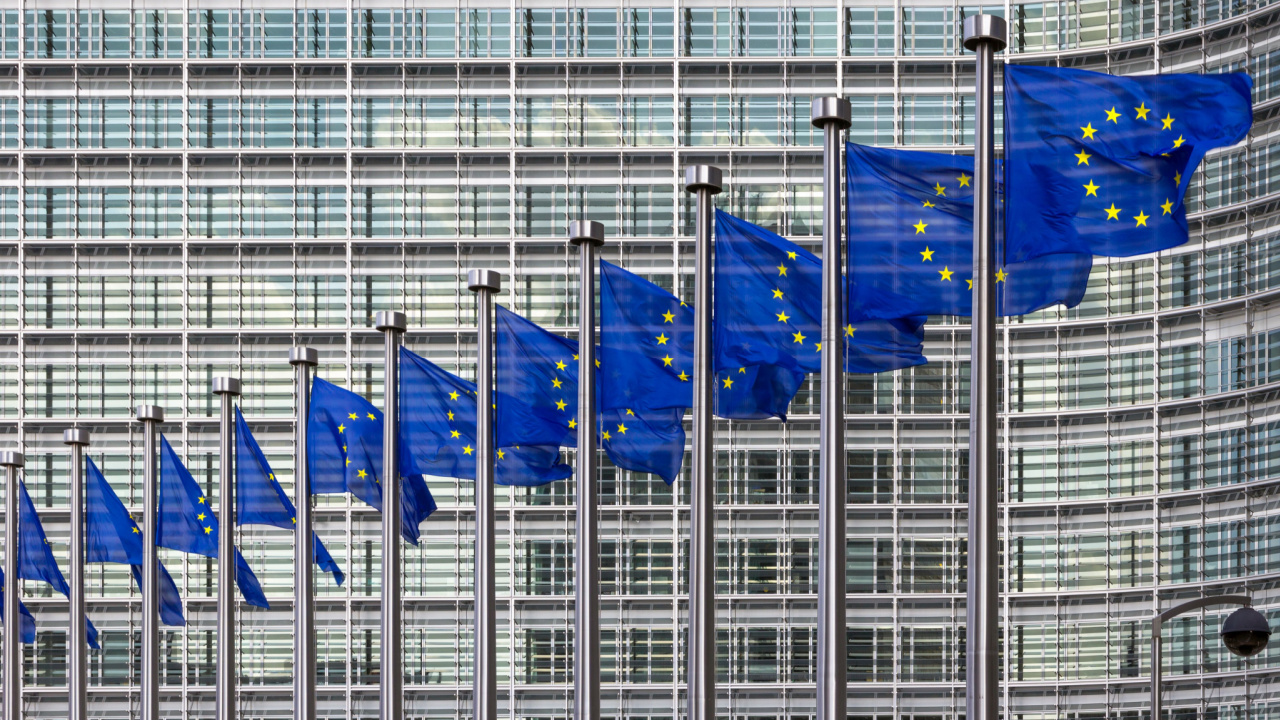
Brussels’ authorities have taken steps to decrease power consumption. They are also trying to minimize reliance upon Russia for energy. To address rising electricity consumption in crypto, a new energy efficiency labeling was created.
EU Develops Energy Efficiency Label For Data Centers in the Face of Growing Consumption In Mining
In an effort to combat the rising electricity use in data centers like those that mine cryptocurrencies, the European Union will introduce a label to measure energy efficiency. According to Bloomberg, the EU will also urge member states to target crypto miners’ energy usage as it seeks to navigate the winter with far less Russian gas and other energy than before the sanctions imposed over the war in Ukraine.
Quoting a draft proposal, the report revealed that the EU’s executive arm wants to work with international partners to adopt a grading measure that will encourage more environmentally friendly crypto systems, such as the proof-of-stake (PoS) protocol as opposed to the energy-intensive proof-of-work (PoW) mechanism employed by Bitcoin.
“Just as their use has grown significantly, the energy consumption of cryptocurrencies has more,” the European Commission notes in an Action Plan. “In harnessing the use of cryptocurrencies and other blockchain technologies in energy markets and trading, care must be taken to use only the most energy efficient versions of the technology,” the Commission emphasizes.
Controlling the energy consumption of the Information and Communications Technology (ICT) sector, including through an “environmental labelling scheme for data centers… and an energy efficiency label for blockchains,” is one of the key measures envisaged in the document announced on Tuesday. According to a Press Release, the Commission said:
With data centers and the growing appetite for online services demanding ever more resources from our energy system, today’s plan also outlines ways to decouple the energy footprint of the ICT sector from the exponential growth of data.
The move comes after an earlier attempt to prohibit PoW mining through the upcoming Markets in Crypto Assets (MiCA) regulatory framework, which sparked negative reactions from the Old Continent’s crypto community and industry as it amounted to a Bitcoin ban.
This controversial provision was removed from the current draft legislation. However, other texts require service asset providers that disclose energy use and the impact on the environment of any assets they manage.
PoS mining is the method used to mine Ethereum’s blockchain. It uses less energy than proof-of work minting digital coins. Bloomberg noted that even though the EU only accounts for 10% of PoW crypto mining’s total, the EU-27 bloc can introduce new policies in this area, which could have global consequences.
In the cited document, it is also stated that the European Union will produce a report on the industry’s climate impacts by 2025. It calls for the EU to eliminate tax incentives for crypto miners. Brussels insists on the need for member countries to be prepared to stop mining in cases of power shortages.
What’s your opinion about the EU’s attempts to reduce energy consumption in the crypto mining sector? Leave a comment below.
Image creditShutterstock. Pixabay. Wiki Commons
DisclaimerThis article serves informational purposes. This is not an invitation to purchase or sell directly, nor a suggestion or endorsement of products, services or companies. Bitcoin.com doesn’t offer investment, tax or legal advice. This article does not contain any information, products, or advice that can be used to cause or alleged result in any kind of damage.